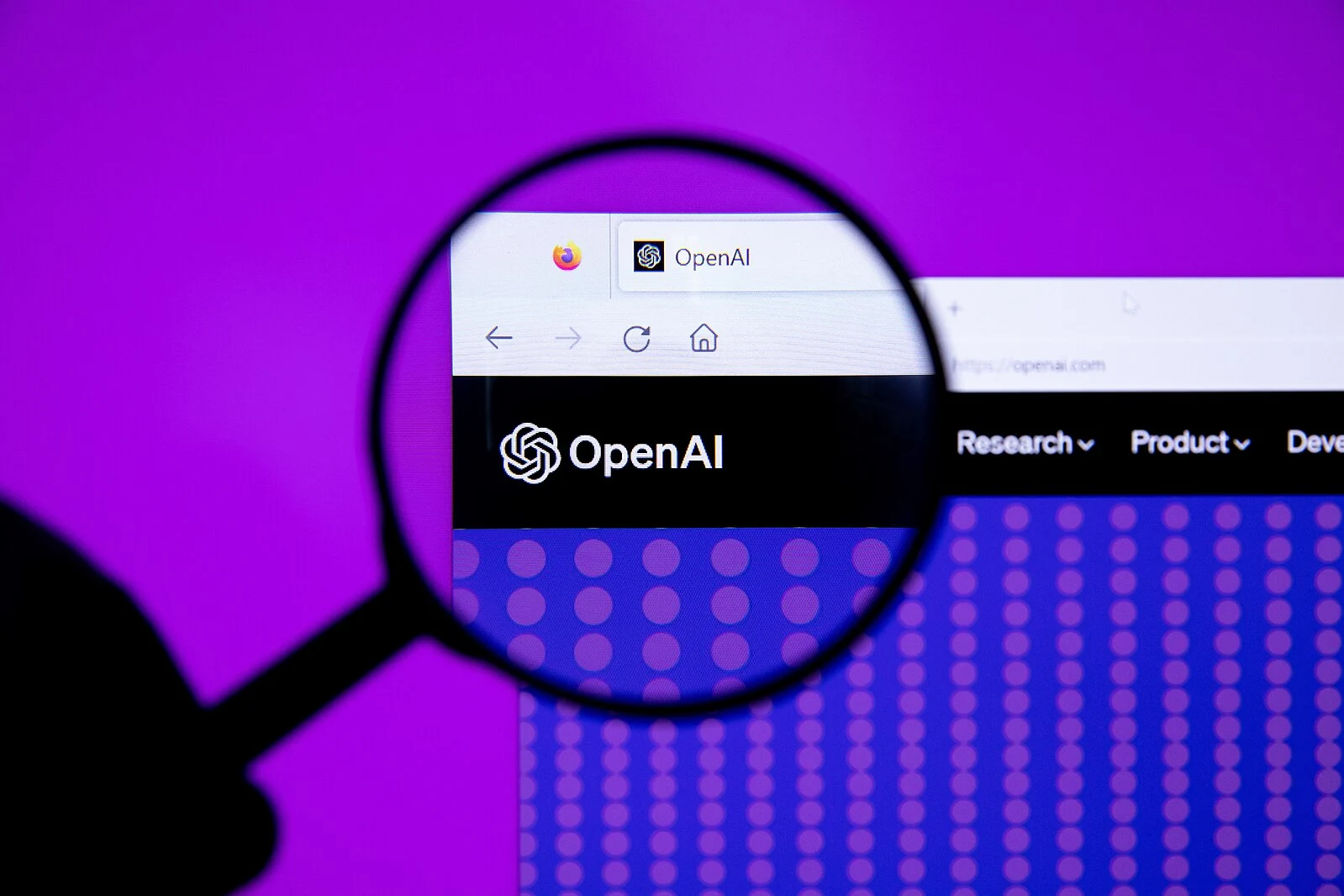
Image by Jernej Furman from: Wikimedia Commons
OpenAI Delays ChatGPT Watermarking System Amid Internal Disagreements
According to the Wall Street Journal, OpenAI is debating whether to release a watermarking system designed to detect text generated by its ChatGPT AI. Despite having this technology ready for about a year, internal disagreements have delayed its rollout.
In their recently updated post, OpenAI states that their text watermarking method is accurate against localized tampering. However, it is vulnerable to global tampering. This includes methods such as using translation systems, rewording with another generative model, or inserting and then removing a special character between each word.
Another major concern for OpenAI is that their research suggests the text watermarking method could impact some groups more than others. For example, it might stigmatize the use of AI as a writing tool for non-native English speakers.
OpenAI has prioritized launching audiovisual content provenance solutions due to the higher risk levels associated with current AI models, especially during the U.S. election year, as reported by the Wall Street Journal. The company has extensively researched text provenance, exploring solutions like classifiers, watermarking, and metadata.
An OpenAI spokesperson told TechCrunch, “The text watermarking method we’re developing is technically promising but has important risks we’re weighing while we research alternatives, including susceptibility to circumvention by bad actors and the potential to disproportionately impact groups like non-English speakers.”
TechCrunch also reports that OpenAI’s text watermarking would specifically target text generated by ChatGPT, rather than content from other models. This involves making subtle adjustments in how ChatGPT selects words, creating an invisible watermark that can be detected by a separate tool.
A company survey, reported by the Wall Street Journal, found that nearly one-third of loyal ChatGPT users would be discouraged by anti-cheating technology. This puts OpenAI in a difficult position. Employees are conflicted between maintaining transparency and wanting to attract and retain users.
In the OpenAI blog post, they emphasize that as the volume of generated text continues to expand, the importance of reliable provenance methods for text-based content becomes increasingly critical.


 Previous Story
Previous Story

 Latest articles
Latest articles 

Leave a Comment
Cancel